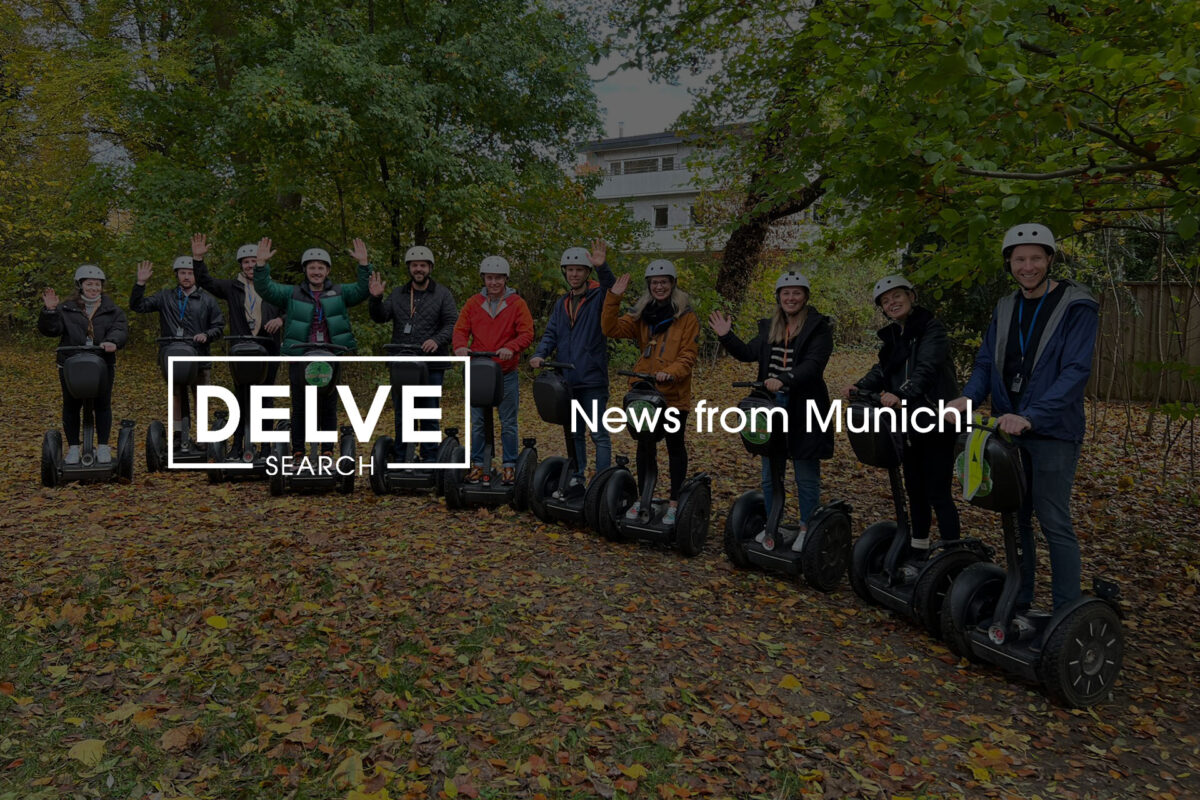Why an early start is key to your 2023 hiring strategies
We are only a few weeks into 2023 and the competition for talented professionals is already showing. Many companies finalised hiring strategies towards the end of 2022 with a view to implement this as early as possible.
We’ve highlighted three key reasons why an early start is key to your 2023 hiring strategy.
New Year New Me
With lots of talented individuals having had time off coming in to 2023, it’s given people a chance to think about their longer-term aspirations and the pathway that will help them achieve this. This has led to a rise in the amount of people transitioning from being a secure employee to becoming a part of the curious majority – where they might not be actively searching for a position but are now open to the idea of change.
However, the further into the year we get, the more candidates will begin to discount change due to being heavily involved in projects or tracking well to achieve targets. So, if you know a new team member will greatly benefit the company, don’t delay and strike while the idea of change is fresh in a candidate’s mind.
The idea of a fresh start in a new company early in a new year can be very persuasive.
Settling in & up-skilling
Hiring later in the year can sometimes (but not always) lead to a prolonged settling in period for new talent. One thing to consider is that bringing someone new into the business with the end of year targets or deadlines looming may unknowingly, add pressure on them. This could lead to disappointment or a more difficult time mentally adjusting to the change if they feel like they’ve not managed to achieve goals in such a short space of time.
Whereas when hiring early in the year, especially in the first quarter, these targets can seem less daunting and not at the forefront of talk within the office. This can allow new team members to settle in and not feel under pressure from day one.
Competitive market
At the beginning of the year, lots of businesses are already advertising new jobs or searching for new talent immediately. If you’re waiting until later in the year to hire new team members, it can make it difficult in a number of aspects such as:
- already has a job offer
- currently interviewing elsewhere
- recently signed a contract or have only recently changed companies
You may see some of these potential candidates taking jobs elsewhere because they were already further into the hiring process before speaking to you. This could lead to delays in your hiring process or not being able to pick the person who you feel is best suited to the position.
Speak to our team to see how we can help you kick start your 2023 hiring.
Call us on +44 (0)1606 212020
Email us at info@delverec.com
Share This Blog
Recent Articles

Technical vs. Leadership career paths

The hidden engine of Germany’s innovation: Why the future of engineering relies on a proactive approach

Networking Tips for Semiconductor Professionals in Europe

Key workforce challenges in the Advanced Engineering sector

Breaking into the Semiconductor Industry: Tips for engineering graduates











